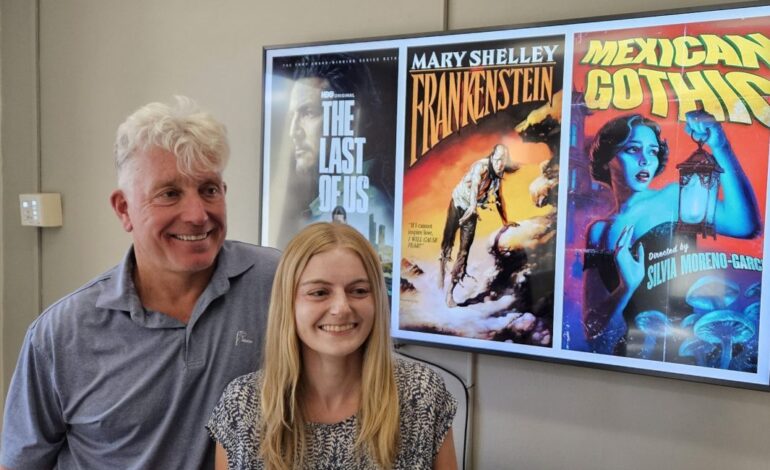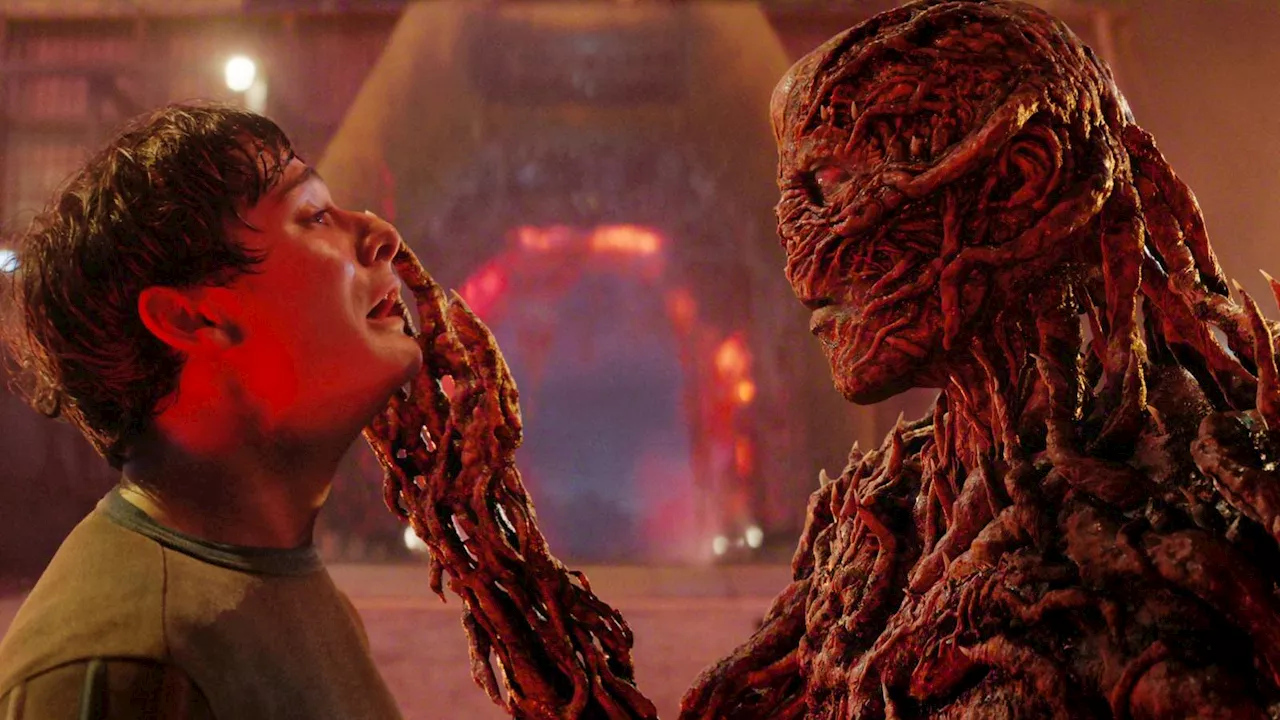UTEP Launches Innovative Course Merging Science and Pop Culture

A new interdisciplinary course at the University of Texas at El Paso (UTEP) aims to transform how students perceive science by merging it with popular culture. The course, titled “Monster-ology: At the Borders of Literature and Science,” will begin in spring 2026 and will be co-taught by Brianna Anderson, an assistant professor of English, and Kendal Hirschi, a professor and chair of the Department of Biological Sciences.
The initiative seeks to address a common issue where students often struggle to relate scientific concepts to their everyday lives. Anderson noted that many college underclassmen quickly lose interest when scientific discussions arise, leading to a disconnect between scientific knowledge and its practical implications. By utilizing films, comic books, novels, and television, the course will explore how science fiction narratives, such as those found in works like Mary Shelley’s Frankenstein and the modern monster Godzilla, can illustrate fears related to power, identity, and technology.
Registration for UTEP’s spring courses began on October 27, and the professors are looking to enroll approximately 50 freshmen and sophomores who are eager to delve into the intersection of science, culture, and ethics. Anderson emphasized the relevance of monster narratives, stating, “I think the monster narratives are a really good way to think about issues like climate change and pollution.” These stories often reflect societal anxieties about scientific advancements and their unforeseen consequences.
Combining Disciplines to Enhance Understanding
A study conducted by researchers at the University of Wisconsin-Madison indicates that students who better understand the relevance of Science, Technology, Engineering, and Mathematics (STEM) in their lives are more likely to persist in STEM fields, particularly students from underrepresented racial and ethnic groups. Additionally, the National Library of Medicine found that overcoming communication fears in science courses can lead to improved academic performance.
Hirschi plans to incorporate foundational concepts in biology and microbiology in a way that captivates students’ interest. He stated, “I think we can make it really fun for the students to think about science fiction, science, and cultural issues all at the same time.” He will examine how the scientific principles behind Frankenstein’s monster resonate with contemporary advancements in cloning and genetic engineering.
For example, he will discuss the implications of gene-editing technologies and how ethical considerations have arisen from past controversies, including the case of a Chinese scientist who illegally modified human embryos. This incident, which drew widespread condemnation, highlights the critical need for ethical oversight in scientific research.
Anderson will analyze the enduring themes in Frankenstein, focusing on the dangers of humans attempting to play God and the associated responsibilities. “(The story) plays on the anxieties about science; it’s anxieties about race,” she remarked, pointing out that these issues continue to be relevant in modern discourse.
Exploring Cultural Impacts
The course will also examine works like the comic book series Farmhand, which integrates themes of agriculture and biotechnology, illustrating how science can both inspire and instigate fear within society. The narrative revolves around a farmer growing body parts for medical use, which eventually leads to unforeseen consequences.
Additionally, the course will cover topics ranging from genetically modified foods to episodes from the anthology series Black Mirror, which critiques the darker aspects of technological advancement. Students are expected to emerge with enhanced skills in research, communication, and critical analysis, as they navigate the complexities of current scientific debates.
Hirschi initiated this collaboration based on his experiences at Rice University, where a similar course successfully integrated science with humanities. He sought to replicate that model at UTEP and found a compatible partner in Anderson. She expressed the transformative potential of monster narratives, stating, “They encourage us to think about how we can do things more ethically and work together to build better futures for everybody.”
The course reflects a growing trend in academia, as educators increasingly recognize the value of interdisciplinary approaches in teaching complex subjects. This innovative curriculum aims not only to engage students but also to foster a deeper understanding of the ethical implications associated with scientific progress.






